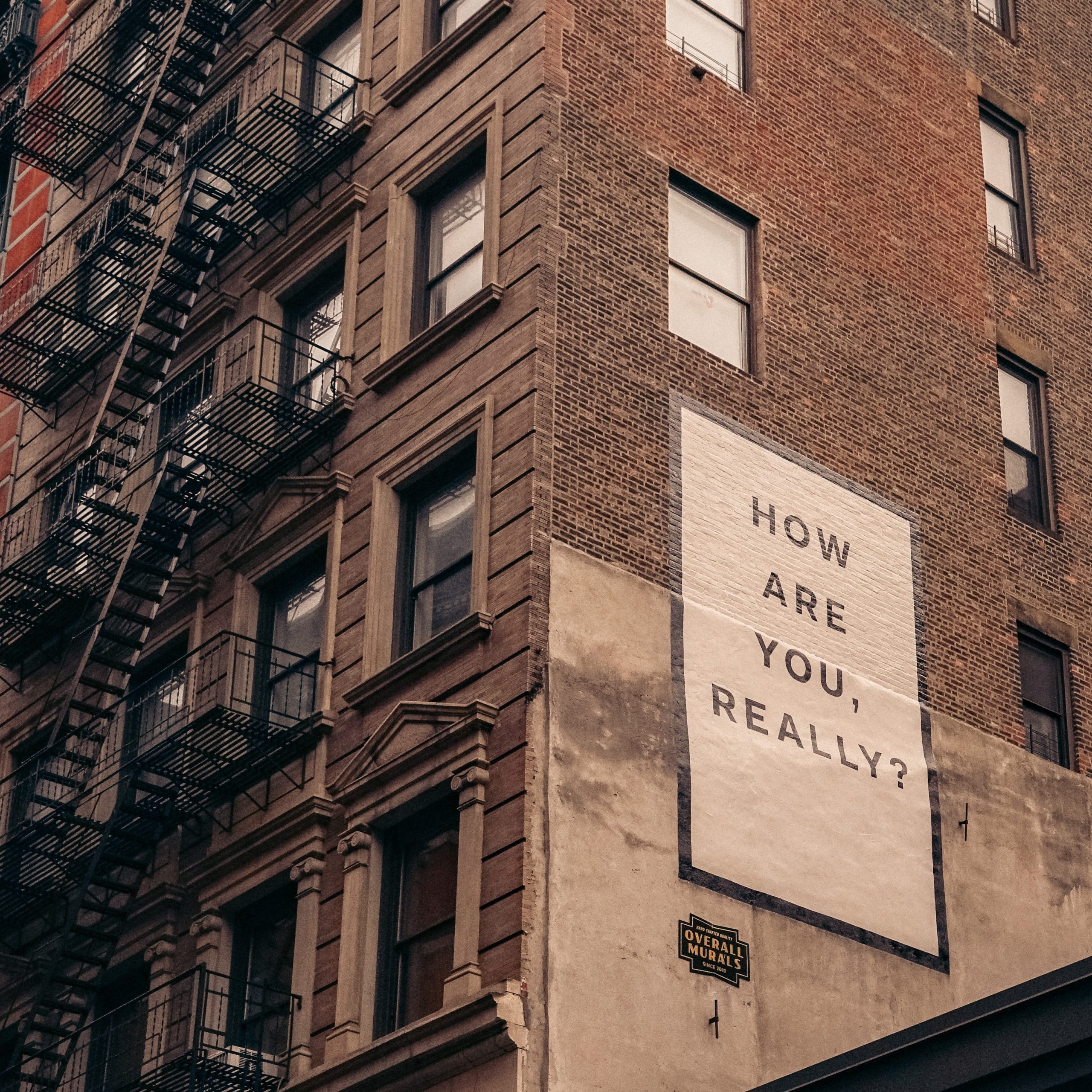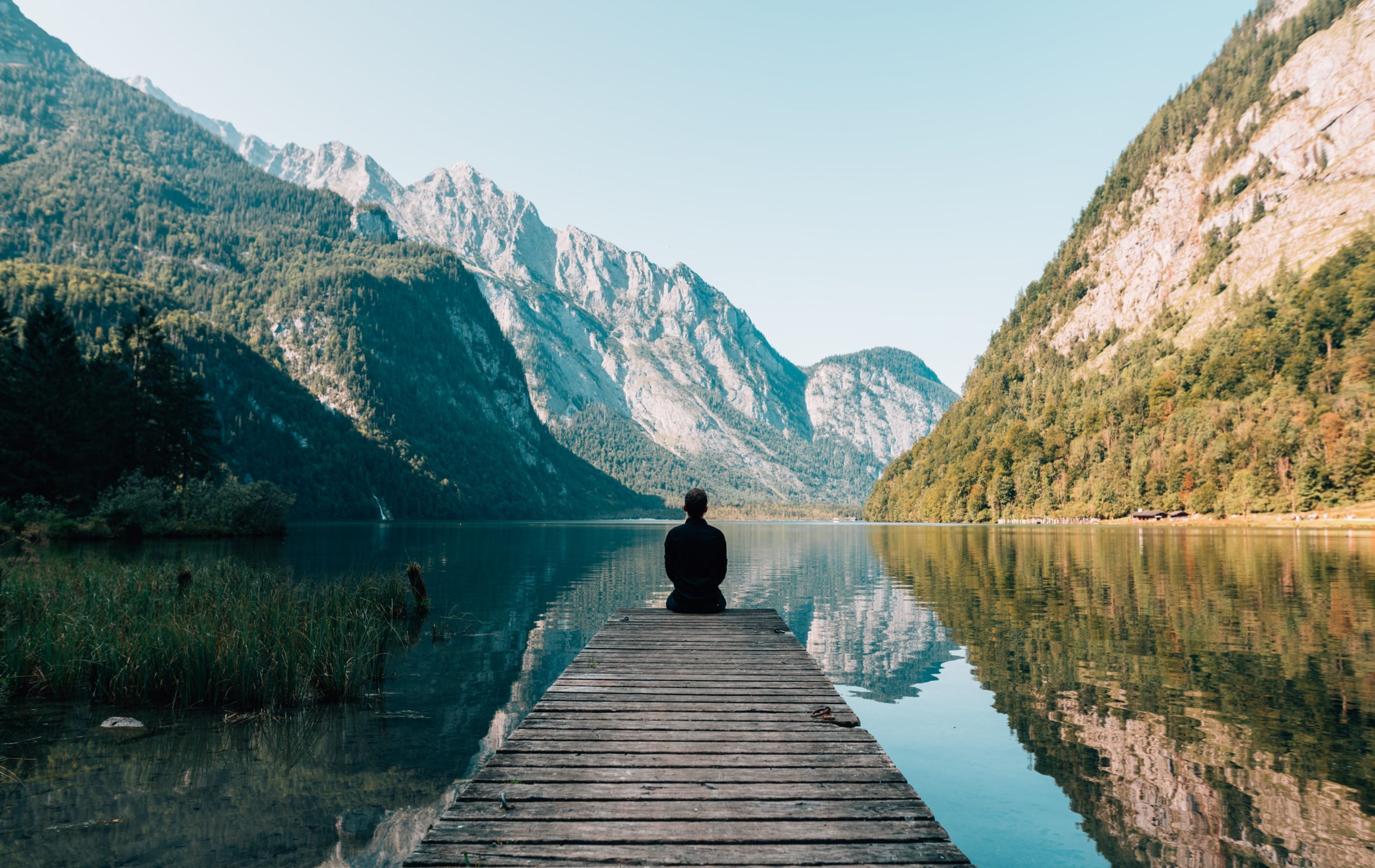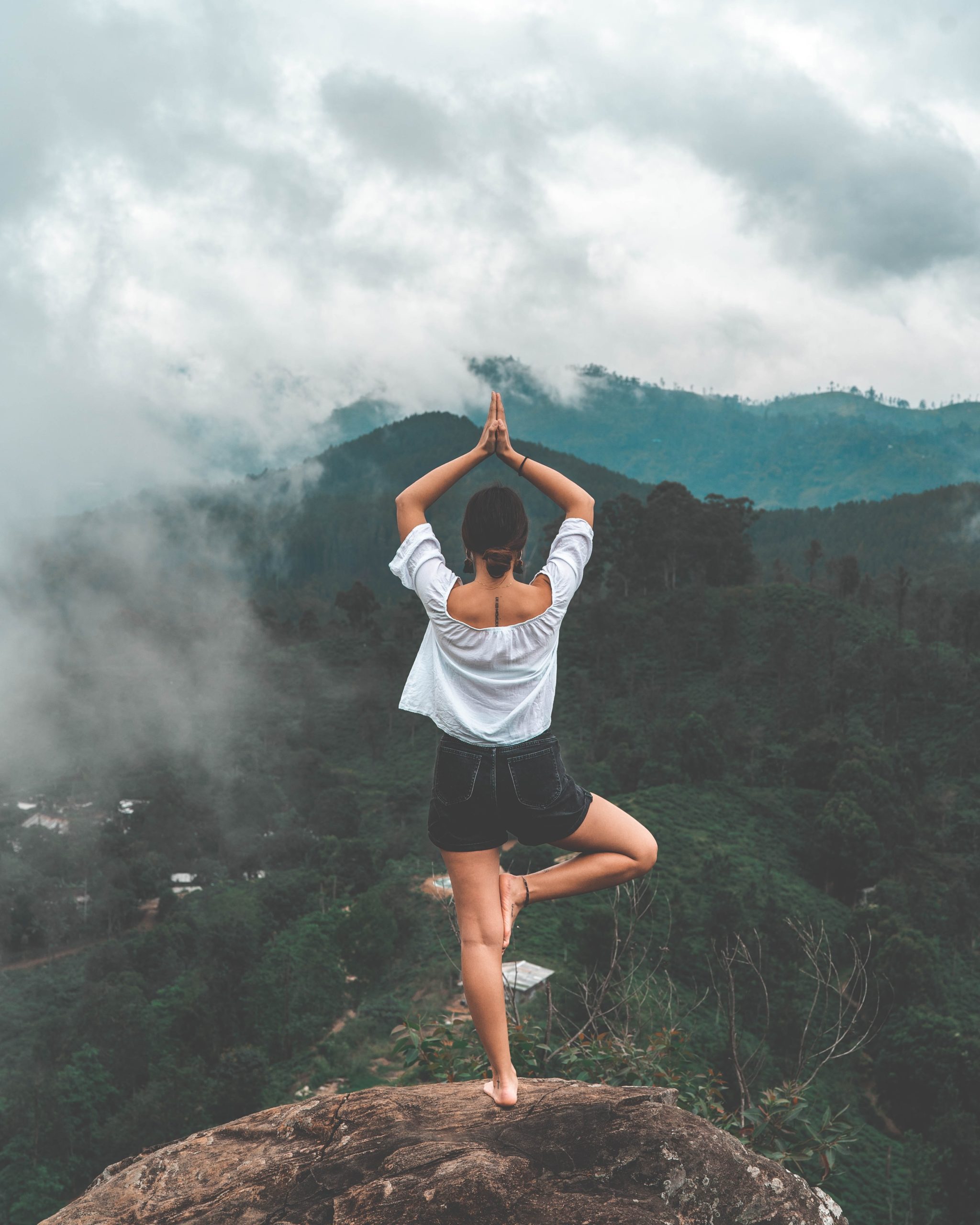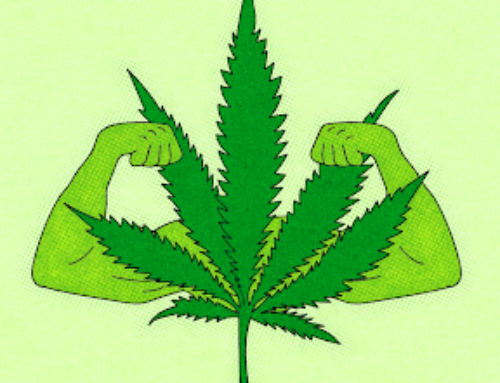world mental health day
09th October 2020

Every year 10 October marks World Mental Health Day. This day aims to raise awareness of mental health issues around the world and mobilise efforts in support of mental health. This year, however, has been labelled the most important to date by mental health charity, Mind. With 2020 posing more challenges and uncertainty than we could ever predict, it has undeniably taken a toll on our mental health. So many people have developed new mental health problems due to the pandemic and for others, their existing mental health problems have taken a turn for the worse.
It is so important that we all come together in the battle against mental health, showing continuous support and raising awareness. While we are no experts, this is an issue we are incredibly passionate about and we want to use our platform to help where we can, raising awareness and letting people know they are not alone. There is no one quick fix to mental health problems, each and every person is different in how they might experience and combat these issues. There are, however, some simple steps that we can follow to better our mental health and wellbeing, as recommended by both the NHS and Mind.


1. Connect with others
Good relationships are so important for your mental wellbeing. Not only do they provide emotional support, they allow you to support others when they might be going through a difficult time. They also help in building a sense of belonging and self-worth whilst giving you an opportunity to share your experiences.
This being said, even though it is more difficult than ever right now, try to avoid getting stuck in the habit of using social media and technology as your sole method of communication. Instead, switch off, spend time with friends and family, try speaking to someone new, ask how someone’s day was and really engage and listen when they tell you. Take five minutes out of your day to find out how someone truly is. All of these small steps in connecting and communicating could make a huge difference.
2. Be active
Exercise not only does wonders for your physical health and fitness, evidence suggests it can also improve your mental wellbeing as regular physical activity is linked with lower rates of depression and anxiety across all age groups. This doesn’t mean you have to go and spend hours at the gym, slower paced activities like walking can have the benefit of encouraging social interactions whilst providing some level of exercise.
Why not take the stairs instead of the lift today? Wake up with some morning yoga, perhaps try walking into work or getting off the bus stop earlier than usual and walk the final leg of your journey. You can start small and build it up as you wish, we all have to start somewhere but small changes can go a long way.


3. Learn something new
Research shows that your mental wellbeing can also be improved by learning new skills by helping you build a sense of purpose, raising self-esteem and self-confidence whilst helping you to connect with others. This does not necessarily mean gaining new qualifications or sitting exams you have no interest in. Learning something new could be anything from simply learning a new word, trying out a new recipe in the kitchen, signing up for a class that interests you or trying new hobbies that challenge you.
4. Give to others
Committing an act of kindness and giving to others can improve your mental wellbeing as research suggests this creates positive feelings and a sense of reward whilst giving you a feeling of purpose and helping you connect with others in the process. These acts of kindness can be anything from small simple acts like saying thank you to someone for something they have done for you or spending time with those who need support. They may also be larger acts such as volunteering in your local community at a school or care home for example.
5. Practice mindfulness
Paying attention to your thoughts and feelings as well as your body and the world around you, being present and in the moment can also improve your mental wellbeing. This is also known as ‘mindfulness’, an act that when practiced can help you gain more enjoyment out of life and a better understanding of yourself. Mindfulness can have a positive impact on the way you feel about life and the way in which you approach challenges.
Members of the Restore Me team and community have come together to talk about their journey with mental health, offering support and guidance by opening up and sharing what helped them through such turbulent times.
Rosie
When I was around 17, over 12 years ago I had chronic anxiety and depression. What started off as panic attacks, quickly turned into health anxiety, where I was convinced I had every illness under the sun. I went to my first yoga class and once I’d allowed myself that space to sit and breathe with myself, I already felt subtle shifts. I started reading self help books which gave me clarity that I am not my thoughts and emotions, but rather they just pass through me. I went through a year of therapy, had multiple different teachers and have now found methods that work for me. Meditation, breath work, movement, inner child healing and much more. I still have days or weeks where I struggle because I am human and our mental health is going to hit negative points at time. The main thing to remember is that these negative emotions should not be framed as ‘bad’, they are simply emotions just like the high ones and we must experience all of them to be truly human. It is totally ok to not be ok, but having the tools to help manage challenging times is essential.
Today I realise listening for those subtle cues are vital to catch yourself before you fall too deep; you can then give your body and mind what it needs. I now teach yoga and hold healing sessions for others so that I can hold space allowing energy to pass through and come home to ourselves.
Ellie
For years I always felt that mental health was such a taboo subject and not something I could never open up about. Honestly, I couldn’t have been more wrong. I took the first step in opening up to two close friends of mine. I never really understood the power of communication until I experienced their love and support. This encouraged me to start making a conscious effort again with those close to me and those I haven’t spoken to in a while, which made me realise I wasn’t the only person going through this and that it is (and I can’t stress this enough) so normal. It is completely ok not to be ok.
After opening up and confronting my feelings head on, I rediscovered my love of being active; walking almost everywhere instead of taking the bus, doing regular workouts, whilst also taking time out to relax with some yoga or reading. This is what I have found works best for me at this moment in time and how I maintain my balance. I do my best to be active everyday, not necessarily to look good but to feel good, whilst taking some time for myself and those around me.
Tara
Personally, I’ve found that yoga helps me. I never seem to have been able to meditate but I can switch off completely when doing yoga now (which took me a long time!). This moving meditation helps with my focus and allows me time to relax and de-stress.
Rachel
For years my mental health is something I feared and felt ashamed of. For years, I was desperate to be fixed and like ‘everybody else’. However, it is only when we share our stories that we realise how common these feelings are and how brave it is to embrace them. Nowadays, I take pride in who I am, I shout loudly about how wonderful it is to seek therapy, medications, and whatever help you need. It’s easy to forget these things, but the old proverb of ‘a problem shared is a problem halved’ and asking for help and support has always given me a beacon of hope.




Leave A Comment